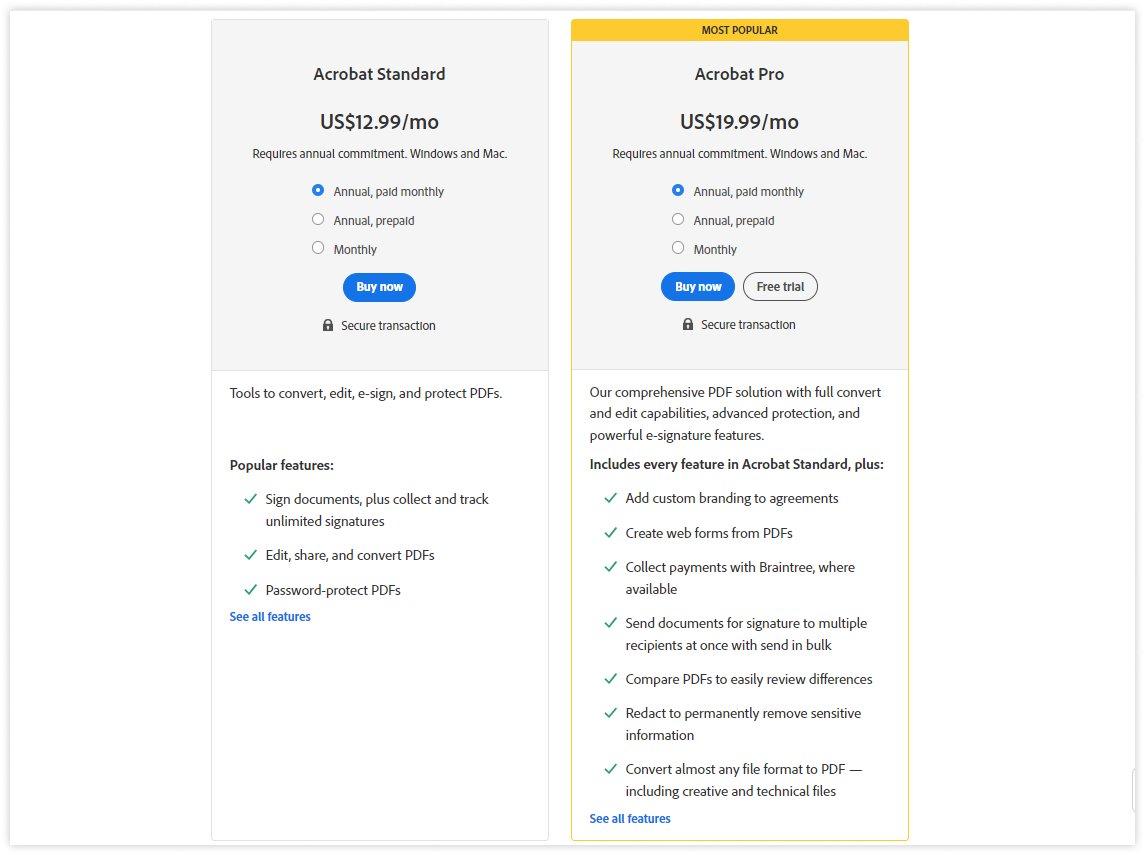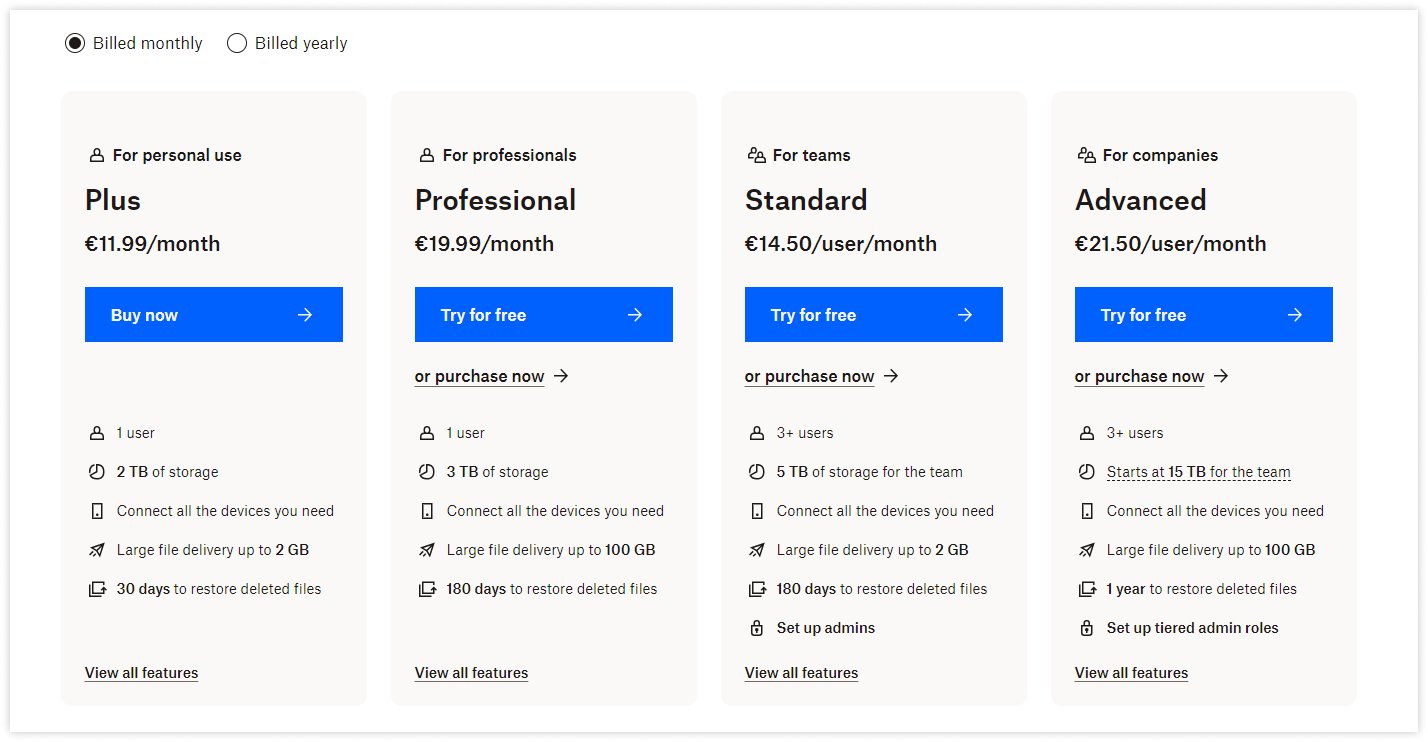There is no law in the UK that says signing a counselling contract for remote therapy is mandatory. However, a signed contract is your defence against loss of money and time, your peace of mind, and your understanding with the client.
It shows you value clear communication and expectations, protecting both your client and yourself.
“Contractual control, through its focus on the definition on the acceptable behaviors in the relationship and the penalties in case of violation of these rules, enables partners to make a more accurate assessment of the risks and the payoffs.”
If you've decided that verbal agreements aren't for you and you need to draw up a contract for online counselling, you're in the right place. We've compiled advice from lawyers and your peers to help you with issues like:
- What clauses to include in a contract.
- How to sign the contract online.
- Whether you should mail a copy of the contract.
Learn how to simplify your practice workflow and free up more time for patients with Medesk.
Open the detailed description >>A Quick Legal Checklist
Before we get to the contract sections, make sure you meet the guidelines for a formal client contract.
- Qualifications and registration. You must be registered with a relevant professional body like the British Psychological Society (BPS) or the British Association for Counselling and Psychotherapy (BACP). Put your credentials and registration number on your website and on social media.
- Data protection. You must comply with General Data Protection Regulation (GDPR) guidelines. Take all data security measures and store clients’ information in a secure place, like electronic health records.
- Insurance. We hope you have professional liability insurance to cover any potential issues during the therapy.
Key Components of the Counselling Contract
A well-crafted contract not only sets clear expectations but also fosters trust and accountability. Let's explore the key components of an online counselling contract template and how you can create one that meets the needs of both parties.
Introduction and identification of parties
This section typically includes the counsellor's name, credentials, and contact information, as well as the client's name and contact details. Additionally, it may include a brief statement outlining the purpose and scope of the counselling relationship:
Counsellor: Dr. Emily Smith, Licensed Professional Counsellor
Contact Information: Phone: (555) 123-4567,
Email: emilysmith@email.com
Client: John Doe
Contact Information: Phone: (555) 987-6543, Email: johndoe@email.com
The purpose of this counselling contract is to establish the terms and conditions of the therapeutic relationship between Dr. Emily Smith and John Doe.
Goals and objectives of counselling
In this section, you can outline the goals and objectives of therapy that were discussed in the first session with the client. As therapy is an area where it is difficult to predict the exact outcome of treatment and its timing, you can include in this section specific outcomes the client hopes to achieve or areas they wish to address during sessions:
To address John's struggles with anxiety and develop coping strategies to manage symptoms.
To improve communication and interpersonal relationships.
To explore underlying issues contributing to John's current challenges and work towards resolution.
Medesk helps automate scheduling and record-keeping, allowing you to recreate an individual approach to each patient, providing them with maximum attention.
Learn more >>Confidentiality and privacy
This section should detail the counsellor's commitment to maintaining client confidentiality, exceptions to confidentiality (such as mandated reporting requirements), and the limitations of confidentiality in certain circumstances.
Dr. Smith is committed to maintaining the confidentiality of all information shared during sessions.
Exceptions to confidentiality: imminent risk of harm to oneself or others, suspicion of abuse or neglect, or court-ordered disclosure.
Information may be shared with other healthcare professionals involved in John's care with his written consent.
It is worth mentioning the regular supervision sessions, where you can discuss client cases without mentioning names.
When working online, the need to comply with data protection regulations (e.g., GDPR in the EU) is particularly acute due to the potential for information leakage online.
Describe how you will store client data electronically and the security measures in place to protect it (e.g., password protection, encryption). Also outline the process for clients to access, update, or delete their data.
Boundaries and expectations
In this section, mention topics such as:
- number of sessions and their duration
- agreed time of sessions
- communication outside of session time
- cancellation policies
- and guidelines for appropriate conduct during sessions.
You can also specify the code of conduct that you follow.
Counselling sessions will occur weekly for 50 minutes each, unless otherwise agreed upon.
Sessions will take place through the secure Medesk Meet platform.
A normal fee will be charged for non-attendance or cancelled sessions, unless John gives Dr. Smith at least 48-hours notice.
Fees and payment
State your fee structure, accepted payment methods, billing procedures, and any applicable cancellation or late fees in as much detail as possible.
For example:
The fee for each counselling session is £40, payable at the time
of service / in advance.
Payment can be made via cash, check, or credit/debit card.
A late cancellation fee of £10 will be charged for appointments cancelled with less than 24 hours' notice.
It is also worth clarifying whether the payment is refundable in the event of exceptional circumstances. If so, to what extent and within what timeframe.
Termination and referral
Make sure to say when and how either of you can end the agreement. Also, talk about what happens if one of you needs to stop working together. You can also mention how you'll find someone else to help if needed.
Either party may terminate the counselling relationship with one week's notice.
In the event of termination, Dr. Smith will provide referrals to other qualified counsellors or mental health professionals if requested.
Legal and ethical considerations
This important part should include statements about informed consent, client rights, the counsellor's code of ethics, and jurisdictional regulations governing counselling practice.
John acknowledges that he has received and understands Dr. Smith's informed consent document, which outlines the nature and risks of counselling.
Dr. Smith adheres to the ethical framework for good practice in counselling and psychotherapy and state regulations governing counselling practice.
Also, ensure the contract reflects sensitivity to diverse cultural backgrounds and values, and consider accommodations for clients with disabilities to ensure equal access to services.
Specifics of the Online Therapy Sessions Contract
The contract you sign in the office with your client face-to-face or online will not differ much in content. However, there are sections that will distinguish an online contract from an offline one.
This is a separate part of the article about them.
Technology and platform
What to include:
- Specify the video conferencing platform(s) you will use and any technical requirements for clients (e.g., minimum internet speed, specific software).
- Outline your responsibility for maintaining platform security and data encryption.
- Address troubleshooting steps for technical issues during sessions.
- Include a backup plan for unexpected platform outages.
Therapy sessions will be conducted primarily through the Meet videoconferencing platform. John will need a stable internet connection with a minimum download speed of 5 Mbps and a webcam with a microphone.
Dr. Smith is responsible for ensuring all software is updated regularly and security protocols are followed. However, it is also important for John to take steps to protect his own internet security, such as using strong passwords and keeping his devices up-to-date.
I will notify you immediately in case of any unexpected platform outages and discuss the best way to proceed with the session.
Discover more about the essential features of Medesk and claim your free access today!
Explore now >>Session recording and sharing
What to include:
- Clearly state your policy on recording sessions, including client consent requirements and how recordings will be stored and used.
- Address any situations where client information might be shared with third parties (e.g., emergency situations, court orders) and how consent will be obtained.
Therapy sessions will not be recorded unless both the therapist and client provide written consent beforehand. This consent can be withdrawn at any time by either party.
If recording or sharing information with a third party is necessary, you will be provided with a written explanation of the reasons and will be asked to sign a separate consent form.
Disclaimer
What to include:
- Include a disclaimer stating that online therapy may not be suitable for everyone and that the therapist cannot guarantee specific outcomes.
Online therapy services may not be suitable for everyone, including individuals experiencing crisis situations, severe mental health conditions, or suicidal ideation. If you have concerns about your suitability for online therapy, please discuss them with me before proceeding.
Digital signatures
Legally binding digital signatures, which are types of esignatures, offer a convenient and secure way to finalise agreements without the need for physical paperwork. Various platforms and software solutions, such as DocuSign or Adobe Sign, enable parties to sign contracts electronically, providing an efficient alternative to traditional pen-and-paper signatures. For documents that require notarization, such as affidavits, real estate agreements, or power of attorney forms, a digital notary can verify identities, witness signatures, and apply a tamper-proof seal to ensure legal validity.
Commercial and Common Law Commissioner, Stephen Lewis: “Electronic signatures can offer quicker and easier transactions for businesses and consumers.”
There are several software options available for signing remote contracts electronically in the UK. We’ll give you three examples:
Adobe Sign
Adobe Sign is a reputable electronic signature solution that enables users to sign documents remotely from any device. It integrates seamlessly with Adobe Acrobat and other Adobe products.

Signable
Signable is a UK-based electronic signature software designed specifically for businesses in the UK and Europe. It offers a user-friendly interface, customisable templates, and GDPR compliance, making it a suitable choice for remote work contracts in the UK.

Dropbox sign
Dropbox Sign, formerly HelloSign, is an electronic signature service integrated with the Dropbox platform. It allows users to send documents for electronic signature, track their status, and manage signed documents securely.
We use Dropbox at Medesk.

A Small Piece of Advice Instead of a Conclusion
Review and update your contract regularly to reflect any changes in technology, regulations, or your practice. Consult with a legal professional to ensure your contract complies with all relevant laws and ethical guidelines.
Remember, this is not an exhaustive list, and the specific sections you need to include may vary depending on your practice and location. It's important to consult with a legal professional to ensure your counselling process is legally sound and the contract protects both you and your clients.
Subscribe to our blog to be the first to hear about how software is making the lives of psychotherapists and other medical specialists easier.
Read also:
